Algeria
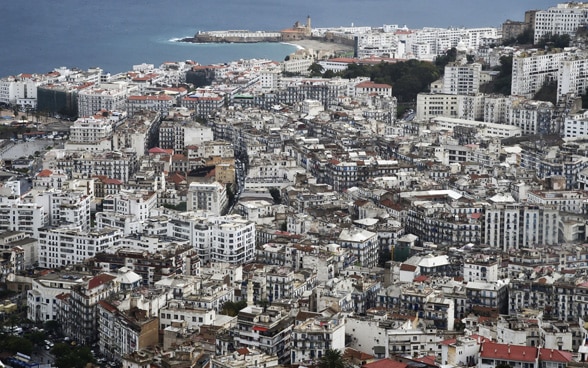
This North African country is home to around 40 million people and is heavily dependent on the extractive sector for economic growth. However, with falling oil prices, Algeria is seeking to diversify its economy. Since the appointment of a new government in 2019, the country has been focused on restoring social stability. It shares borders with several countries including Mali and Libya which are marked by armed conflict, and is committed to improving security in the region. The MENA Strategy prioritises cooperation with Algeria in the following areas:
Migration
Algeria is both a key transit country for African migrants hoping to reach Europe, and increasingly also a destination country for migrants.
Switzerland maintains a regular dialogue with Algeria on migration-related issues, in particular readmission of asylum seekers from Algeria who have illegally entered Switzerland. At the same time, it supports projects which aim to help returning migrants integrate into the local job market.
Governance and reforms
Switzerland is working with the Algerian government as part of its international cooperation projects to identify areas in which it can support the country's reform efforts, for example in digitalisation, innovation and dual vocational education and training.
Peacebuilding and security
Ongoing armed conflicts in neighbouring countries undermine security and stability in the region. Switzerland can leverage its proven peacebuilding expertise and globally sought-after good offices to support Algeria with its efforts to advance peace in the Sahel.
Ignazio Cassis to meet with the Algerian prime minister and visit Swiss companies in the region
In Algeria, Mr Cassis will meet Prime Minister Abdelaziz Djerad, Foreign Minister Sabri Boukadoum and Health Minister Abderrahmane Benbouzid. The focus of the talks will be on diversifying bilateral relations, peacebuilding and security in the region, as well as migration-related issues. This will be followed by a meeting with the Algerian–Swiss Business Club.
Mr Cassis will then visit local Swiss companies to discuss vocational education and training – a priority of the MENA strategy – in the Algerian context.

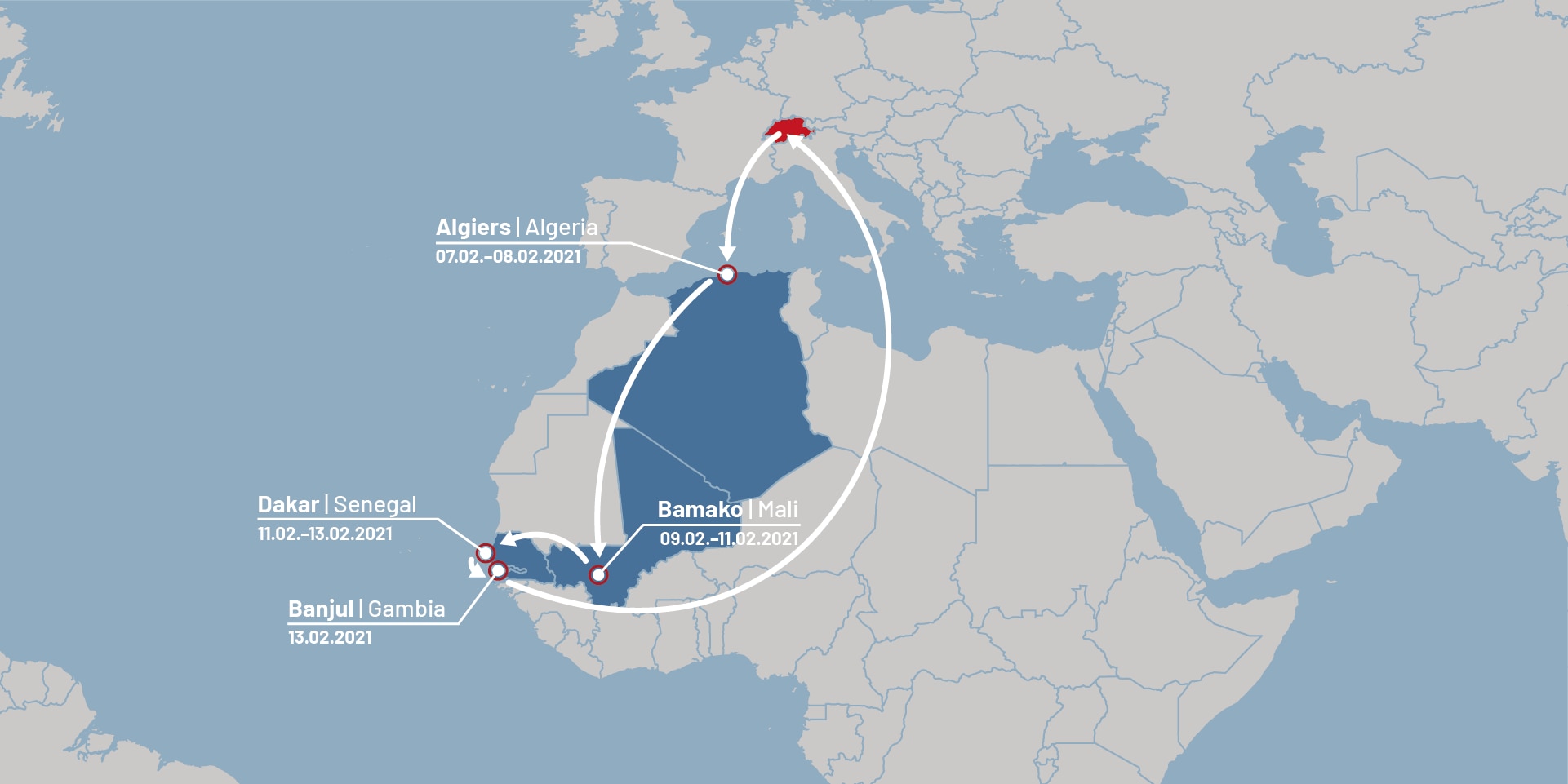
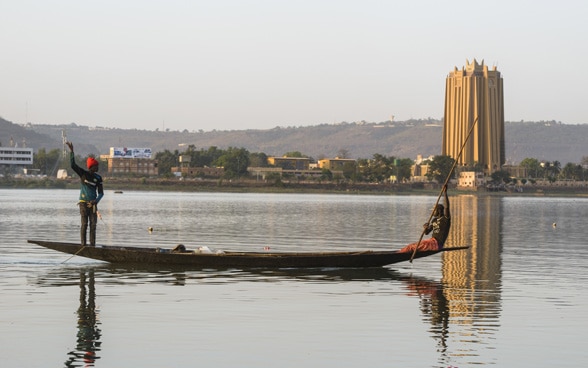
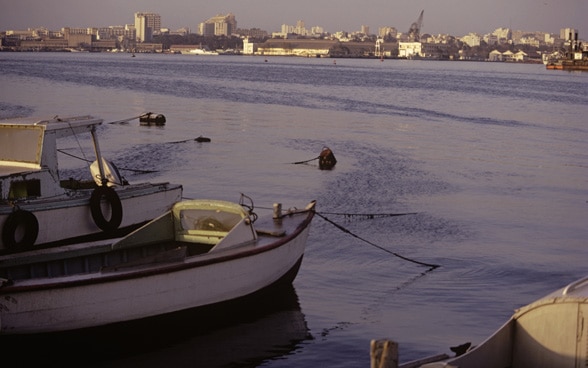
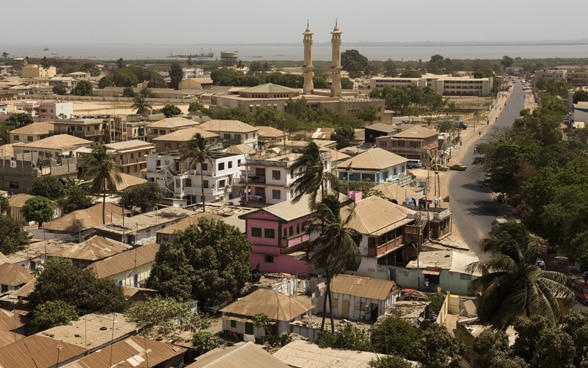
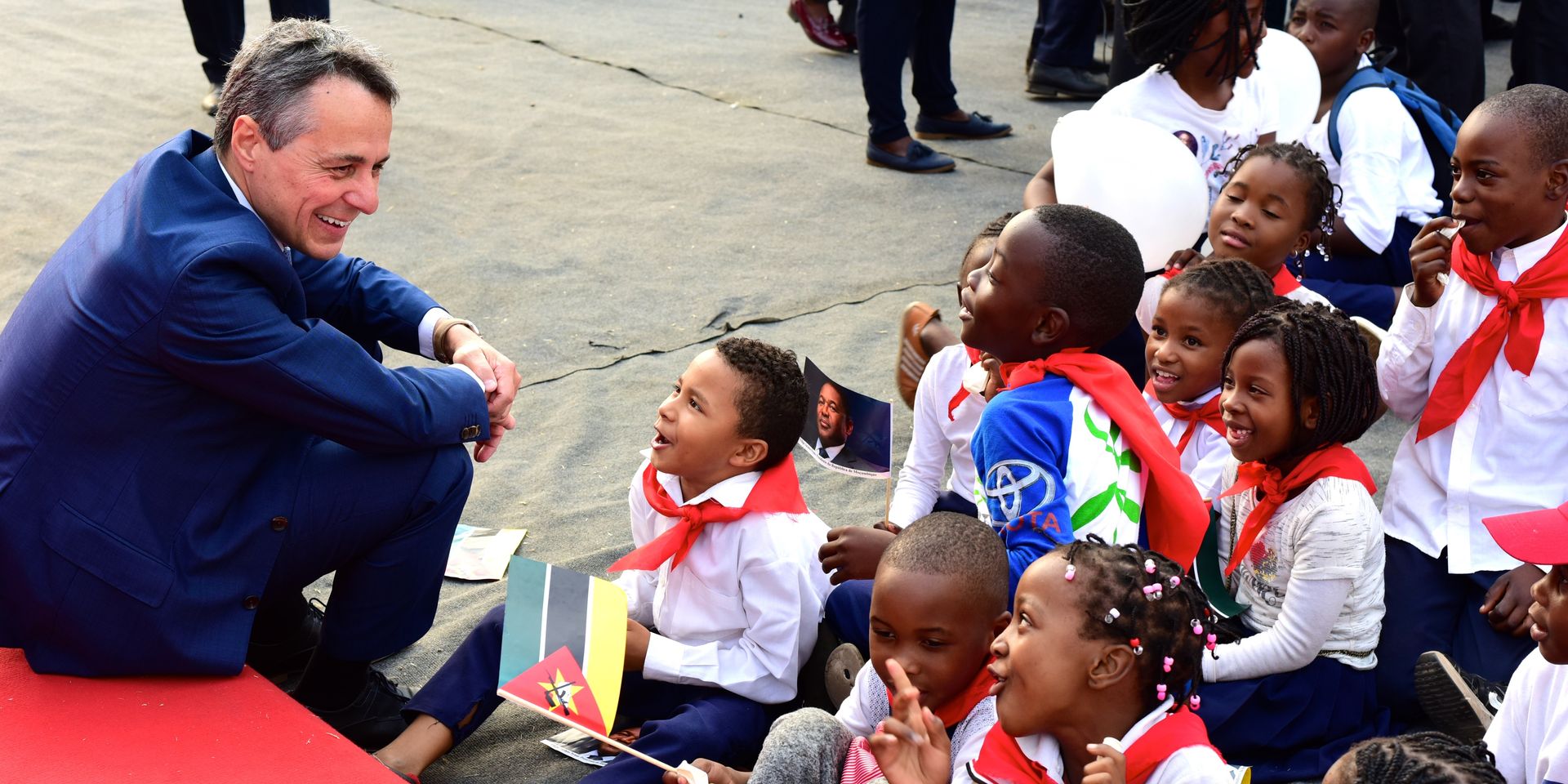
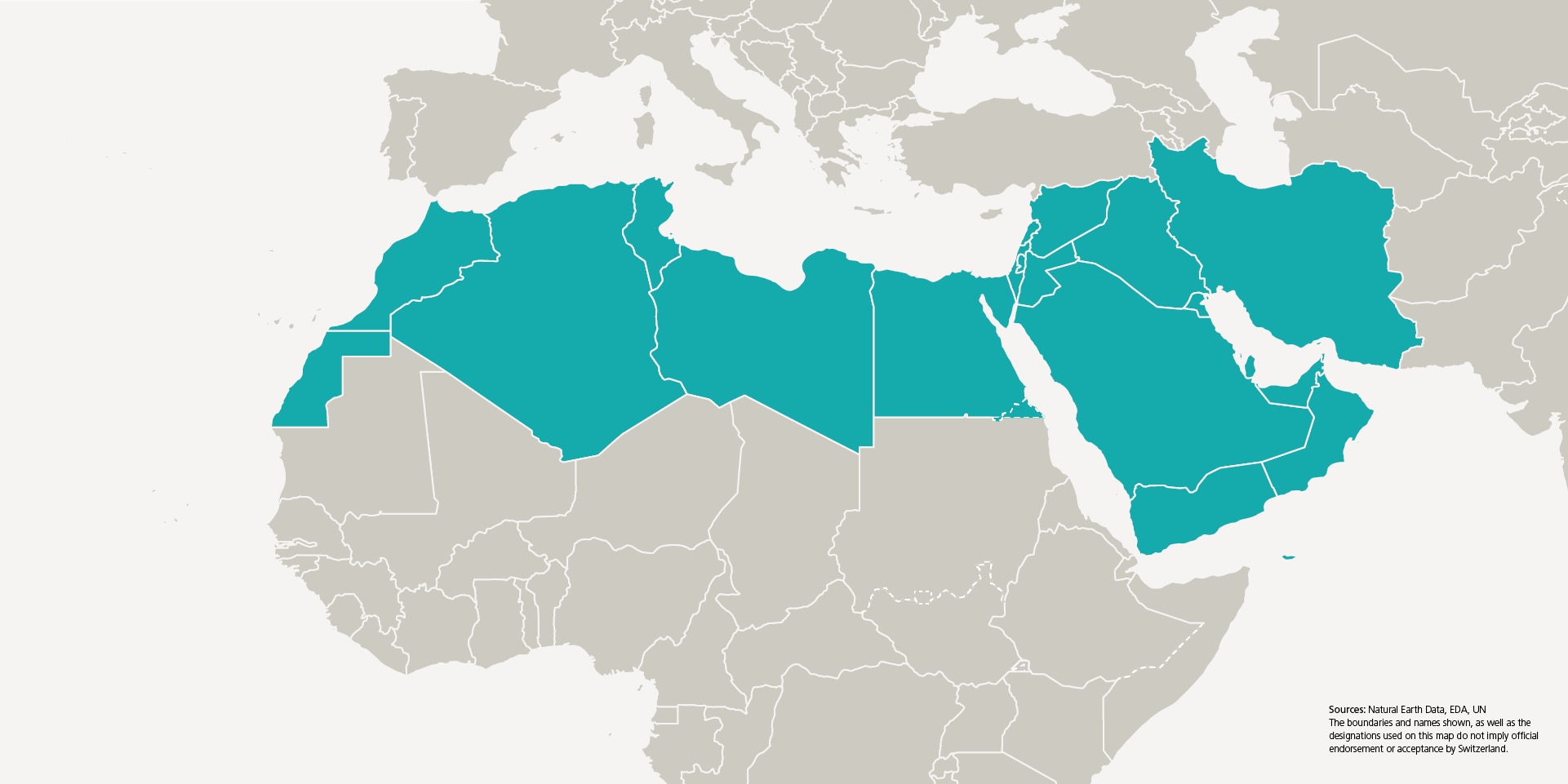
.jpg)